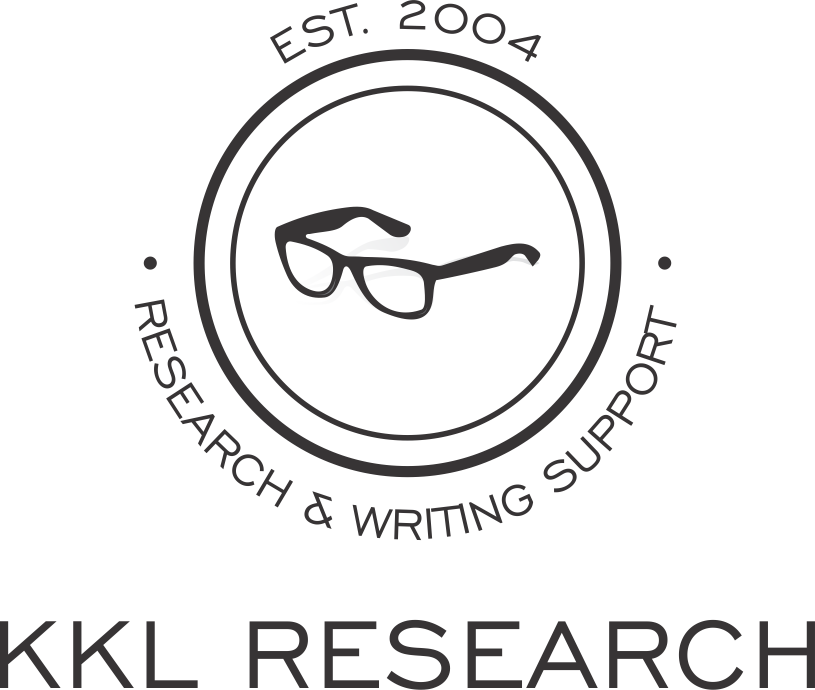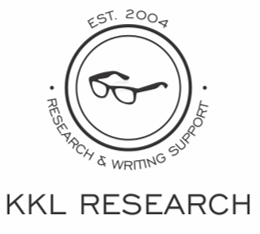The Green Revolution: What it Means for Your Business
This week, I’m taking a deep dive into one of the most significant consumer trends reshaping all industries - the rise of sustainable consumerism. As environmental and social consciousness continues to grow, businesses cannot afford to ignore the increasing demand for eco-friendly and ethically sourced products and services.
According to joint research from McKinsey and Nielsen, a staggering 60% of consumers say that they would pay more for a product with sustainable packaging.
Furthermore, companies that make products with ESG claims averaged 28% growth compared to 20% for products that did not make these claims.
So, what's fueling this major shift in consumer behavior?
- Climate Change Awareness: With the effects of climate change becoming increasingly visible, consumers are seeking ways to reduce their carbon footprint and support businesses that share their environmental concerns.
- Social Media Influence: The rise of social media has amplified the voices of environmental activists and conscious consumers, creating an effect that has influenced purchasing decisions.
- Generational Values: Millennials and Gen Z, who will soon make up the majority of the consumer base, have grown up with a heightened awareness of sustainability issues and are more likely to prioritize ethical consumption. Survey data shows that 77% of Gen Z and 66% of Millennials are willing to pay more for sustainable products and services.
While the sustainability trend is seen across many sectors, in my work I’m seeing that some industries have been quicker to adapt:
- Fashion and Apparel: Brands like Patagonia, Everlane, and Reformation have built their identities around sustainable and ethical manufacturing processes, resonating strongly with consumers.
- Food and Beverage: The demand for organic, locally sourced, and plant-based products has skyrocketed - the demand for plant-based food options has grown 44% in only the past 3 years.
- Personal Care and Beauty: Consumers are increasingly scrutinizing the ingredients and packaging of personal care products, driving the growth of eco-friendly and cruelty-free brands. Data shows that most consumers would pay 35-40% more for a sustainable version of their regular beauty and personal care products.
As a market researcher, my recommendation to clients is to investigate how interested your customer base is in sustainability and what adjustments in product and pricing strategies can be made to satisfy their demands.
This can be done through cost-efficient secondary research or by surveying your existing and potential customer base.
It’s also a good idea to know what sustainability efforts your competitors currently offer or are planning to launch.
It’s clear that the rise of sustainable consumerism is not a passing fad – rather, it is a fundamental shift in consumer behavior that will continue as younger generations become more advanced consumers.
- Kristen
When you’re ready, contact me to discuss your project.


